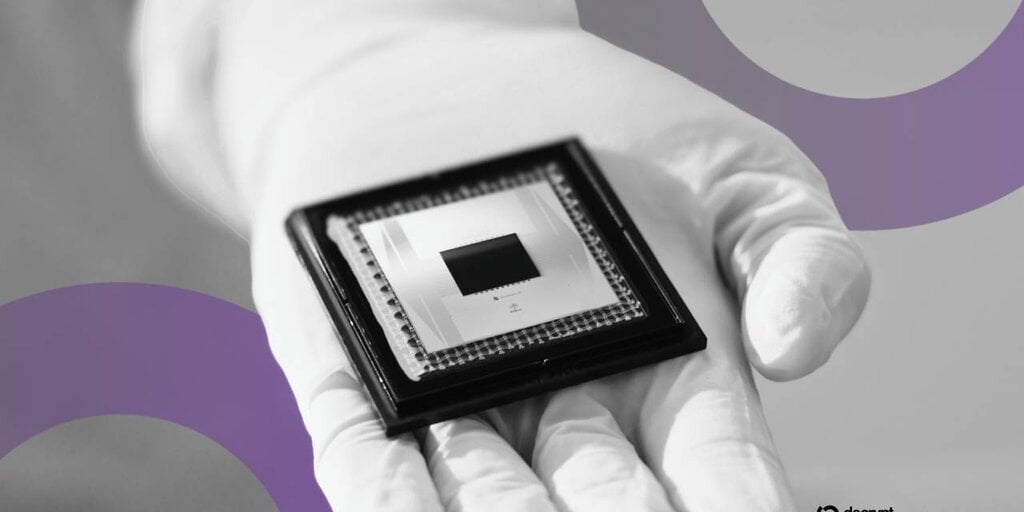
Saudi Arabia Takes a Leap into Quantum Computing
The Kingdom of Saudi Arabia has officially joined the global race for quantum supremacy, with Saudi Aramco recently unveiling its first quantum computer, designed in collaboration with French quantum firm Pasqal. This milestone marks an important step not just for the country but also for the entire Middle East, fueling dialogue about the implications for cryptographic security and blockchain.
What Is Quantum Computing?
Quantum computing leverages quantum bits, or qubits, capable of solving complex calculations faster than traditional computers. Saudi Arabia’s 200-qubit system is built for industrial applications like energy modeling and materials research. Powered by Pasqal’s expertise, this quantum machine is already being recognized as a groundbreaking advancement.
Can Quantum Computing Crack Blockchain Security?
While the deployment of Saudi Arabia’s first quantum computer is remarkable, concerns are mounting about its potential threats to blockchain security. Experts believe current quantum systems, including the 200-qubit Pasqal device, cannot yet compromise algorithms like ECC (Elliptic Curve Cryptography) or RSA that safeguard Bitcoin and other cryptocurrencies. However, the rapid evolution in quantum technology suggests that this threat is no longer theoretical but inevitable.
Leading researchers such as Yoon Auh of Bolts Technologies acknowledge that breakthroughs are inevitable as massive investments in quantum research continue. However, most agree that practical risks remain several years—or even decades—away, requiring thousands of error-corrected logical qubits to break modern encryption systems effectively.
Preparing for a Post-Quantum World
The ongoing advancements in quantum computing have sparked discussions about a phenomenon called ‘Q-Day’, the hypothetical moment when quantum technology can bypass blockchain security by deriving private keys from public ones. Experts like Justin Thaler, a research partner at Andreessen Horowitz, emphasize that the implications of such a breakthrough would extend far beyond Bitcoin, threatening the security foundations of the global economy.
Fortunately, today’s quantum computers like Google’s 105-qubit Willow chip and Pasqal’s 200-qubit system are far from achieving this capability. However, countries and organizations are already preparing by researching post-quantum cryptography to build more robust and resilient systems.
Industry Implications and the Road Ahead
Saudi Arabia’s commitment to quantum technology reflects its growing ambition to lead technological innovation in the region. The deployment of Pasqal’s quantum computer in Saudi Aramco’s Dhahran data center is just the beginning of what promises to be a transformative chapter in the Middle East’s tech landscape. Alongside countries like the U.S., China, and the EU, Saudi Arabia is establishing its place in the quantum race, investing in infrastructure and workforce development.
While blockchain and cryptocurrency users remain safe for now, the accelerated pace of advancement calls for vigilance and proactive adaptation to the potential challenges posed by quantum computing.
Recommended Product: Advanced Encryption Software
To safeguard your digital assets in the face of evolving threats, consider adopting encryption solutions designed for quantum resistance. One option is IBM’s Quantum-Safe Cryptography Solutions, which offer robust encryption methods suitable for enterprises and individuals looking to stay ahead in a post-quantum world.





